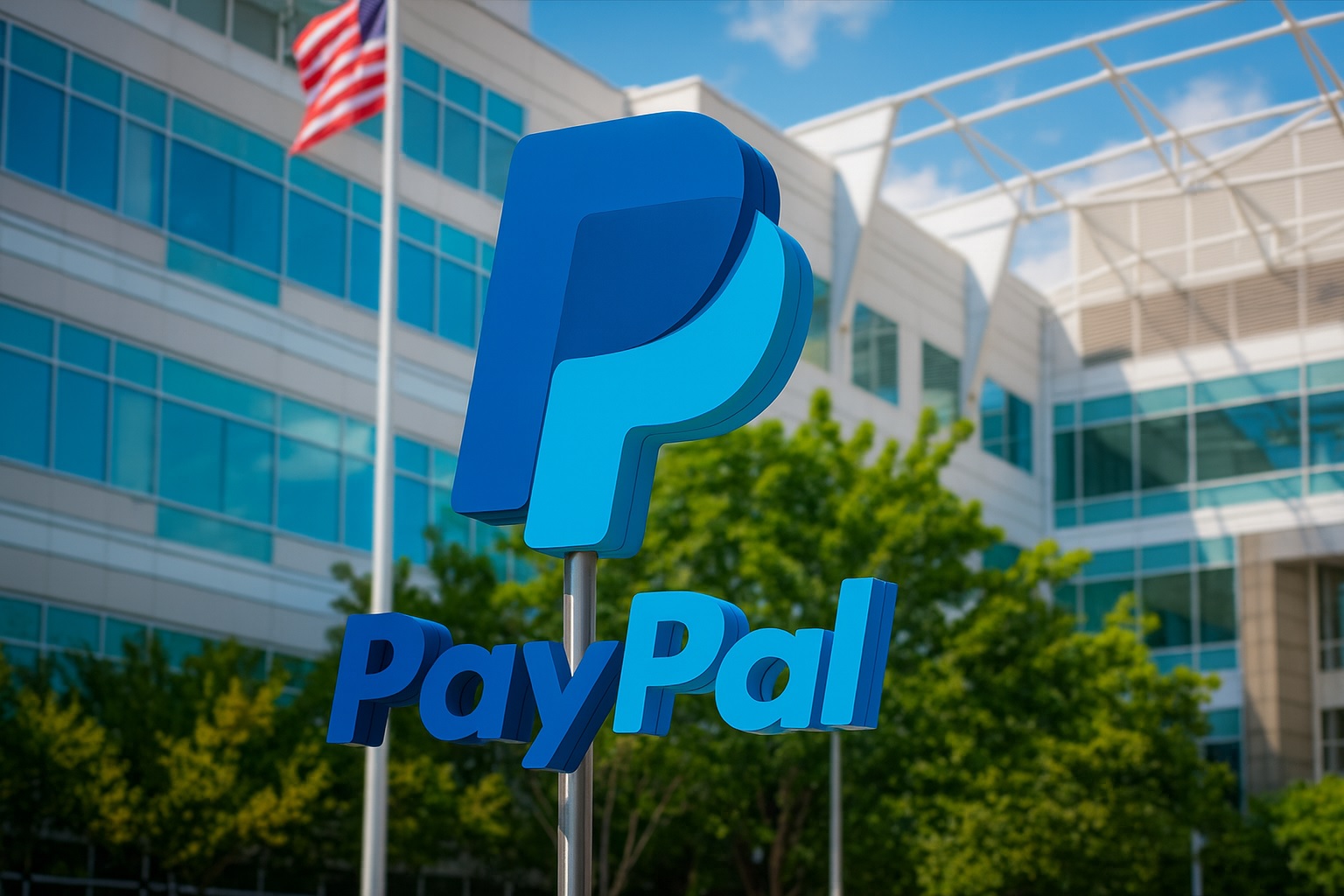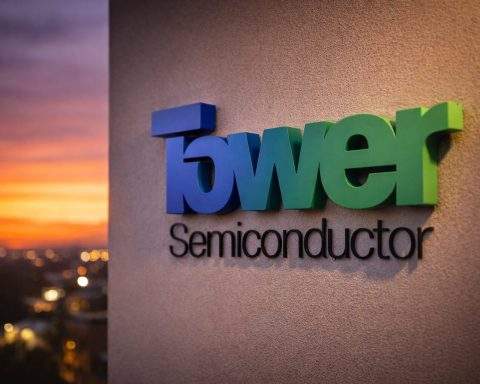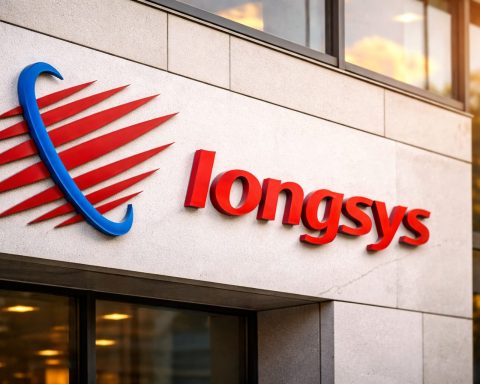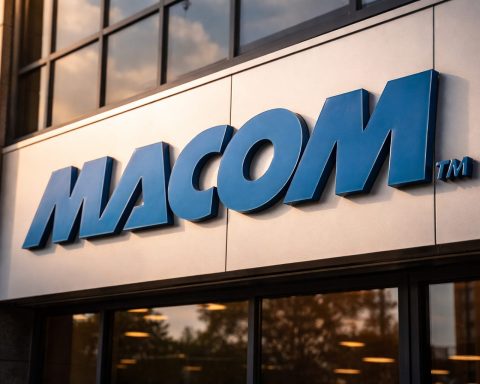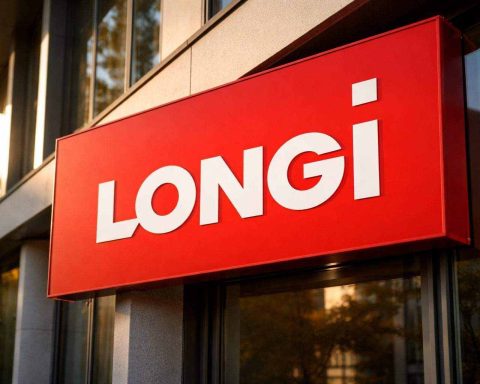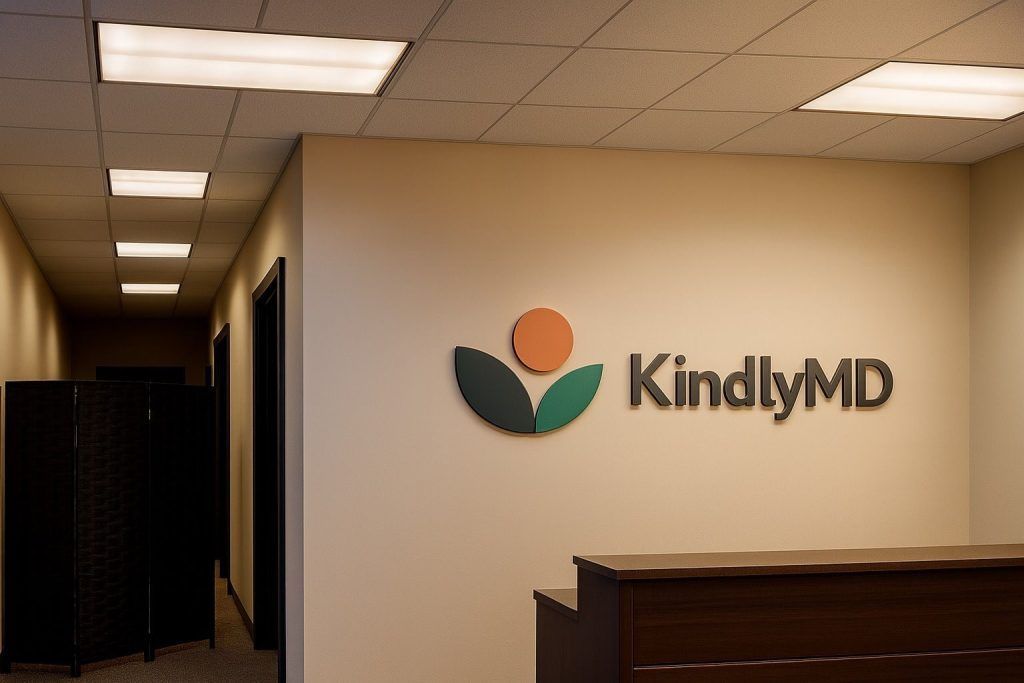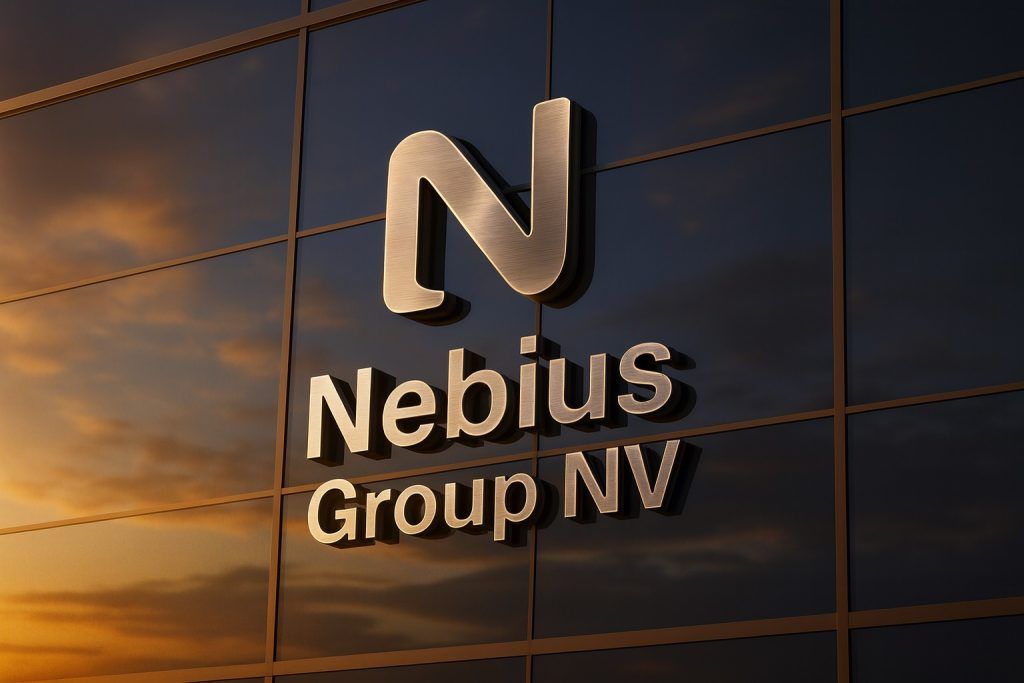- PayPal-ChatGPT Deal: PayPal announced it will embed its payments wallet into OpenAI’s ChatGPT, enabling users to complete purchases directly in the chat interface tipranks.com prnewswire.com. Starting next year, millions of ChatGPT users will see a “Buy with PayPal” option and can check out instantly without leaving the chat.
- Agentic Commerce Protocol: The integration leverages OpenAI’s new “Instant Checkout” feature and an Agentic Commerce Protocol. In practice, a ChatGPT conversation can end in a completed sale – with PayPal handling payment processing, tracking and dispute resolution on the back end prnewswire.com 1 .
- Executive Endorsements: PayPal CEO Alex Chriss emphasized that “hundreds of millions of loyal PayPal wallet holders” will enjoy a “safe and secure checkout experience” within ChatGPT tipranks.com. In parallel, Mastercard co-president Sherri Haymond and PayPal executive Michelle Gill hailed the deal. Haymond said the partnership is “driving a catalyst for agentic innovation at global scale” in commerce mastercard.com, while Gill noted it empowers merchants and consumers “to participate in agentic commerce with trust and flexibility” 2 .
- Stock Rally & Forecast: News of the deal sent PayPal’s stock (PYPL) surging ~14% in pre-market trading reuters.com. On Oct 27, 2025 PYPL closed near $70. Analysts have an average 12-month price target of about $80.60 (roughly +15% upside) tipranks.com, with some forecasts as high as $105. This reflects bullish sentiment on PayPal’s growth in AI-driven payments.
- Broader Context: This move is part of a wave of “agentic commerce” initiatives. PayPal also recently launched new AI shopping tools (Agentic Commerce Services) for merchants finviz.com and teamed with Visa on AI-powered tap-to-pay features ts2.tech. ChatGPT itself has exploded to 800+ million weekly users ts2.tech, making it a massive platform for commerce. Experts note that embedding payment options in AI assistants could fundamentally reshape online shopping ts2.tech 3 .
Deal Details: Embedding PayPal in ChatGPT
PayPal’s agreement with OpenAI will make its digital wallet the first payments option available in ChatGPT. As PayPal explained, consumers using ChatGPT’s chat interface will see product suggestions and offers (powered by AI agents) and can click to pay with their PayPal account prnewswire.com. The checkout flow uses OpenAI’s new Instant Checkout feature, which was introduced at OpenAI’s recent DevDay, meaning the sale is finalized “in just a few taps,” according to PayPal prnewswire.com ts2.tech. Importantly, PayPal will provide its familiar buyer/seller protections (tracking, refunds, fraud checks) to users who check out via ChatGPT tipranks.com prnewswire.com. In short, a user could ask ChatGPT for, say, a camera or shoes, receive options, and complete the purchase within ChatGPT – all secured by PayPal behind the scenes.
PayPal CEO Alex Chriss told CNBC that the deal “means customer protections for users including package tracking and dispute resolution.” He explained: “We’ve got hundreds of millions of loyal PayPal wallet holders who now will be able to click the ‘Buy with PayPal’ button on ChatGPT and have a safe and secure checkout experience” tipranks.com. Those words underscore how PayPal aims to leverage its trust and scale: over 400 million people already use PayPal to shop worldwide, and giving them an in-chat checkout option could boost sales and stickiness.
Agentic Commerce: AI Agents as Shoppers
This partnership is a clear example of so-called agentic commerce – the idea that AI assistants (agents) will handle transactions end-to-end. OpenAI is already building infrastructure for this future. At its October DevDay conference, OpenAI unveiled tools for a ChatGPT “app ecosystem” and explicitly planned to “support payments and commerce directly in ChatGPT via the Agentic Commerce Protocol,” enabling a user to “order a product or book a service end-to-end within the chat” ts2.tech. The PayPal tie-up uses exactly this protocol to link PayPal’s wallet to ChatGPT’s Instant Checkout.
PayPal is also rolling out complementary services. In late October, the company announced new Agentic Commerce Services for merchants, including tools (e.g. “Agent Ready” and “Store Sync”) that let merchants list products on AI platforms and accept AI-triggered orders easily finviz.com finviz.com. “Our agentic commerce services support leading payments protocols and AI platforms,” said Michelle Gill, PayPal’s GM of Small Business, highlighting a future where a single PayPal integration can make merchants discoverable across AI shopping tools 4 .
Meanwhile, Mastercard recently extended this vision by integrating its own Agent Pay platform with PayPal’s wallet mastercard.com. In practice, this means an AI agent on one side (powered by Google’s or OpenAI’s tech, for example) can use Mastercard credentials stored in PayPal to complete a purchase. The combined Mastercard/PayPal solution promises to let AI assistants shop for users securely and seamlessly, without forcing merchants to build new systems mastercard.com mastercard.com. Sherri Haymond of Mastercard summed it up: their partnership “empowering merchants and consumers to transact with confidence, speed, and trust…building the future of commerce where seamless, secure payments are the launchpad for new experiences” 5 .
In practice, this could look like an AI agent scouring the web, finding a great deal on running shoes, and then charging the purchase through PayPal with the user’s Mastercard or bank info – all in a blink. Small businesses could benefit too: by syncing product catalogs via PayPal’s service, millions of merchants can become discoverable to AI shoppers without coding individual interfaces prnewswire.com. For consumers, the promise is convenience (no need to manually enter payment info on websites) and choice (access to PayPal’s funding options and protections).
Stock Reaction and Outlook
Investors quickly rewarded PayPal for its AI push. After the Oct. 28 announcement, PYPL stock jumped about 14% in early trading reuters.com. Given that PayPal had been trading around the mid-$60s to $70s prior, this implies a sharp one-day gain. As of Oct 27, 2025 (the close before the news), PYPL was about $70.25 nasdaq.com; a 14% gain suggests an opening price around $80 on Oct 28. (Note: markets were closed Oct 28 due to a holiday in the U.S.; the Reuters “premarket” move occurred on the press of the news.)
Analysts remain cautiously optimistic. The consensus 12-month price target for PYPL is roughly $80.60 (about 15% above the pre-announcement price) tipranks.com. That average hides a range – Wall Street’s most bullish analyst sees PYPL at $105 tipranks.com, while bearish views bottom out near $62. Overall sentiment is “Hold” (TipRanks shows 15 Holds, 10 Buys, 3 Sells in the last three months), but the new AI strategy has tilted the outlook higher. In practice, stock performance will depend on how quickly and widely ChatGPT commerce gains traction.
Other numbers highlight the scale of opportunity: ChatGPT now boasts 800 million weekly active users ts2.tech – more than Gmail or TikTok – all of whom could potentially use PayPal in-chat. OpenAI itself is valued near $500 billion after a recent share sale (Reuters reported ~$500B) ts2.tech. If even a small slice of that user base starts buying through ChatGPT, it could be a large new revenue stream for PayPal. Some market-watchers note that AI shopping may drag customers away from incumbents (like credit card companies or other payment platforms) by making ChatGPT the first port of call. On the flip side, PayPal and partners stand to capture fees on each transaction.
What This Means for You
For consumers, the change could be mostly positive: faster shopping flows, more payment options, and continued fraud protection. A user who asks ChatGPT “find me a laptop under $500” might soon see curated options and a one-click PayPal button, saving time and signup hassles. Merchants, meanwhile, get access to AI-driven demand – PayPal says the deal will bring “tens of millions” of merchants into ChatGPT’s discovery engine prnewswire.com. Even small shops using PayPal could have their products recommended by AI agents, effectively leveraging ChatGPT as a new marketing channel.
Cautions remain. Experts point out that success isn’t guaranteed; consumers must trust AI recommendations, and merchants must adapt to this new interface. Some recent studies found that ChatGPT-driven shopping still converts at low rates mastercard.com. Regulators and privacy advocates may also scrutinize how data flows between AI agents, payment platforms and merchants. But industry leaders are betting on the model: as Gill put it, this move puts “trust and flexibility at the center” of AI-driven commerce 2 .
In sum, the PayPal-ChatGPT pact is a landmark in AI×commerce, joining payments with conversation. It heralds a future where your digital wallet lives in your chat app, and a friendly AI does the shopping for you. As one tech blog notes, we may be seeing “the future of online sales” – where asking your chatbot also means buying through it ts2.tech 3 .
Sources: Official press releases and news reports tipranks.com prnewswire.com reuters.com mastercard.com ts2.tech tipranks.com. (Market data and forecasts as of Oct 28, 2025.)
